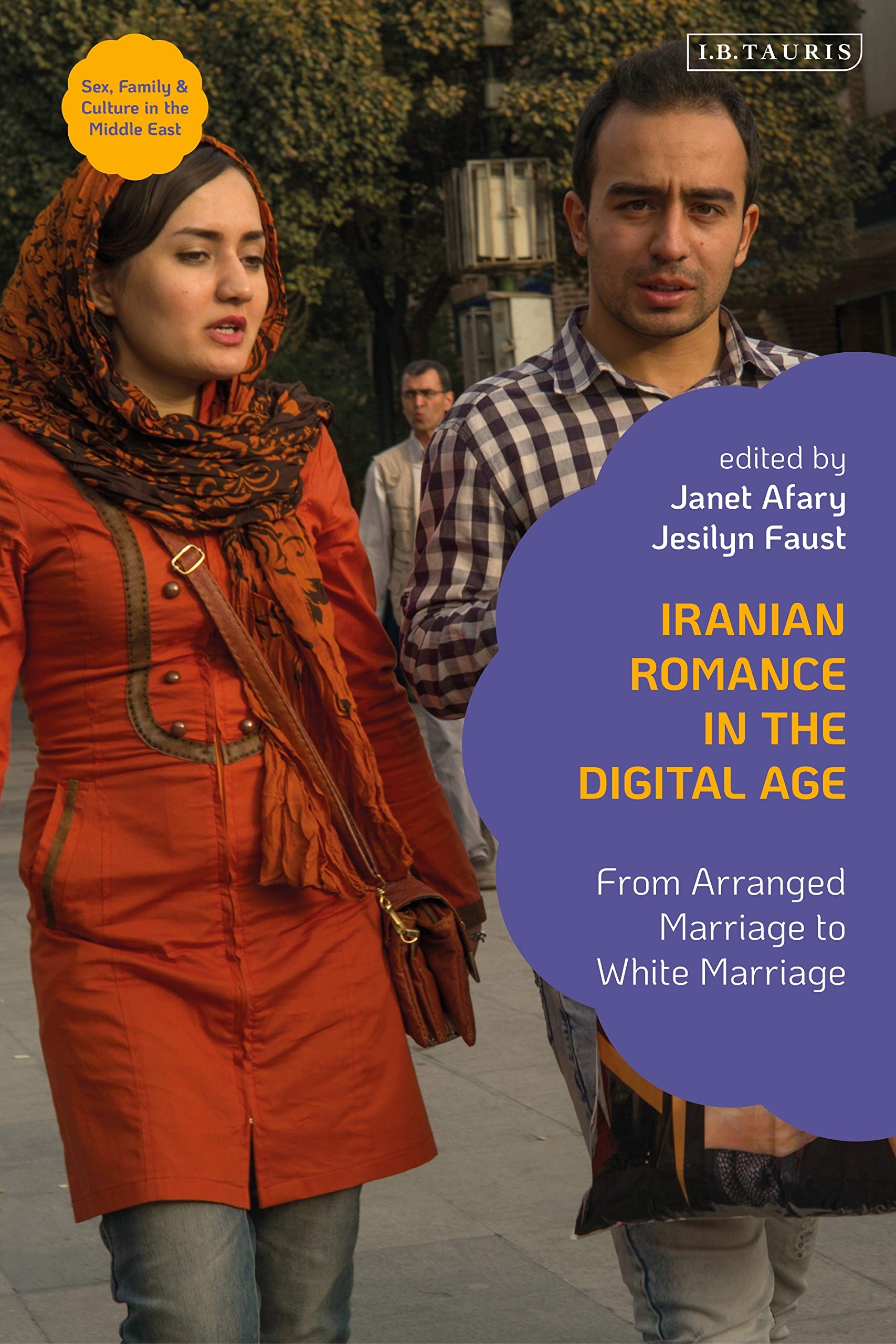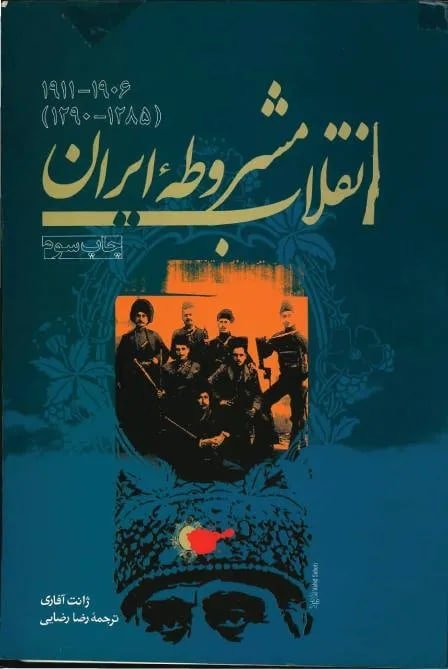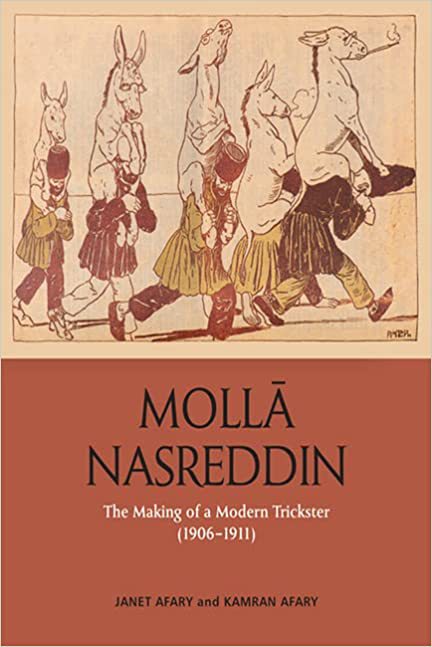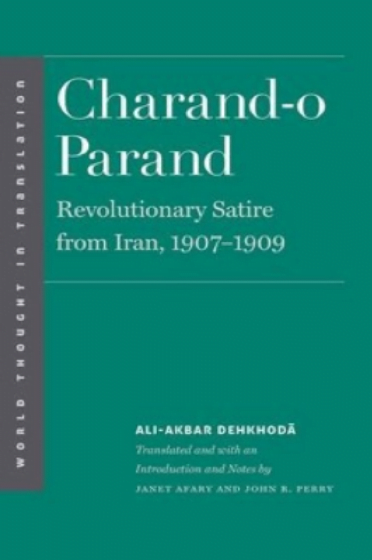Iranian Romance in the Digital Age: From Arranged Marriage to White Marriage (Sex, Family and Culture in the Middle East)

Publisher: I.B. Tauris
Date: February 25, 2021
ISBN-10: 0755618270
ISBN-13: 978-0755618279
Translations:
Following the 1979 Islamic Revolution, there was a dramatic reversal of women’s rights, and the state revived many premodern social conventions through modern means and institutions. Customs such as the enforced veiling of women, easy divorce for men, child marriage, and polygamy were robustly reintroduced and those who did not conform to societal strictures were severely punished. At the same time, new social and economic programs benefited the urban and rural poor, especially women, which had a direct impact on gender relations and the institution of marriage.
Edited by Janet Afary and Jesilyn Faust, this interdisciplinary volume responds to the growing interest and need for literature on gender, marriage and family relations in the Islamic context. The book examines how the institution of marriage transformed in Iran, paying close attention to the country’s culture and politics. Part One examines marital changes in the rural and tribal sectors of society through the works of anthropologists Erika Friedl and Mary Hegland. Part Two turns its eye to look at changes in urban marriages to new forms of cohabitation. In Part Three, the contributors explore the way technology and social media has impacted and altered the institution of family. Based on the work of new and established scholars, the collection provides an up-to-date study of an important and intensely politicized subject.
The Contemporary History of Iran – Part 18: “From Arranged Marriage to White Marriage”

Overview
Following the 1979 Islamic Revolution, there was a dramatic reversal of women’s rights, and the state revived many premodern social conventions through modern means and institutions. Customs such as the enforced veiling of women, easy divorce for men, child marriage, and polygamy were robustly reintroduced and those who did not conform to societal strictures were severely punished. At the same time, new social and economic programs benefited the urban and rural poor, especially women, which had a direct impact on gender relations and the institution of marriage.
Edited by Janet Afary and Jesilyn Faust, this interdisciplinary volume responds to the growing interest and need for literature on gender, marriage and family relations in the Islamic context. The book examines how the institution of marriage transformed in Iran, paying close attention to the country’s culture and politics. Part One examines marital changes in the rural and tribal sectors of society through the works of anthropologists Erika Friedl and Mary Hegland. Part Two turns its eye to look at changes in urban marriages to new forms of cohabitation. In Part Three, the contributors explore the way technology and social media has impacted and altered the institution of family. Based on the work of new and established scholars, the collection provides an up-to-date study of an important and intensely politicized subject.
The Contemporary History of Iran – Part 18: “From Arranged Marriage to White Marriage”
Book Reviews
Back Cover





